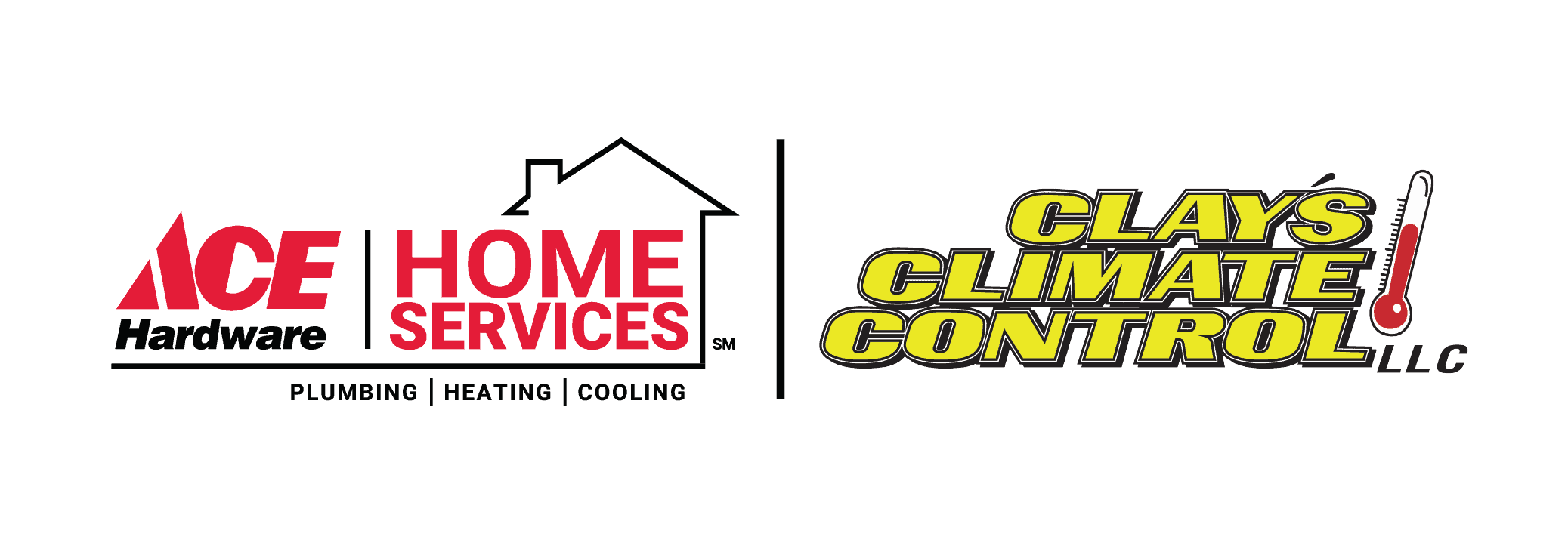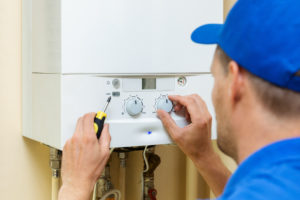All home heating systems get their heat from either a furnace or a residential boiler. If you have an older boiler, chances are it is not as efficient as a furnace. Knowing if your boiler should be replaced or what type of condition it’s in is not common knowledge to homeowners. We’ve put together everything you need to know about your boiler below so that you can make sure you’re prepared for cold weather this winter.
How Do You Know What Condition Your Boiler Is In?
There are a few signs you can look for to know what type of condition your residential boiler is in.
No Heat: if you’re not feeling any heat, but your thermostat seems to be working ok, check to see if the pilot light on your boiler is on. That is all you are checking! Once you see it on, make sure to call a professional to continue digging into the issue. This is no work for amateurs!
Leakage: Leaking or dripping around your boiler can be a simple or complex problem to fix. Again, you want to call a professional to take a look as there could be an issue with the pressure or an internal issue with one of the parts that may need to be replaced.
Low Pressure: If your system continually shuts off or you’re not feeling a lot of heat, it could be a low-pressure issue. Take a look at the pressure gauge. Anything below 1 means that you have a low-pressure issue.
Unusual Noise: If your system starts to make loud noises, there could be a couple of things happening here. The first is just that some air could have gotten caught in there and the problem will fix itself. The other issue could be “kettling” which is a buildup on the heat exchanger that causes the water to overheat and restricts flow. This can cause these kettle-like noises that alert you to this problem.
Once you know what condition your boiler is in, you will know if it needs to be replaced. If you do decide to replace your boiler, make sure you consider the following:
Things To Consider When Choosing A Boiler Replacement:
Boilers are common in the Northeast. They produce steam or hot water that gets distributed throughout the home. You can choose between a condensing or non-condensing boiler. Condensing boilers are extremely energy efficient because they can provide a great deal of heat while operating at a lower temperature. Non-condensing boilers operate at a much higher temperature – so much so that the heat often gets vented outside.
Another consideration to take into account is whether to get a sealed-combustion or non-sealed combustion unit. You always want to go for the sealed combustion unit! Sealed combustion units would be our choice because it brings outside air into the burner and then sends exhaust air outside!
If you are in the market for a new home heating system this winter, we’ve got you covered! As the #1 Nationwide Residential HVAC Contractor of the Year, you can rely on Clay’s Climate Control. Our professional, nationally certified technicians are here to answer the call! Contact us to schedule an appointment today!
Have you heard about our 3C Club Maintenance Plan? This plan was created to offer our superior services at a discount to our most loyal customers. We offer easy online booking and a convenient customer experience.

